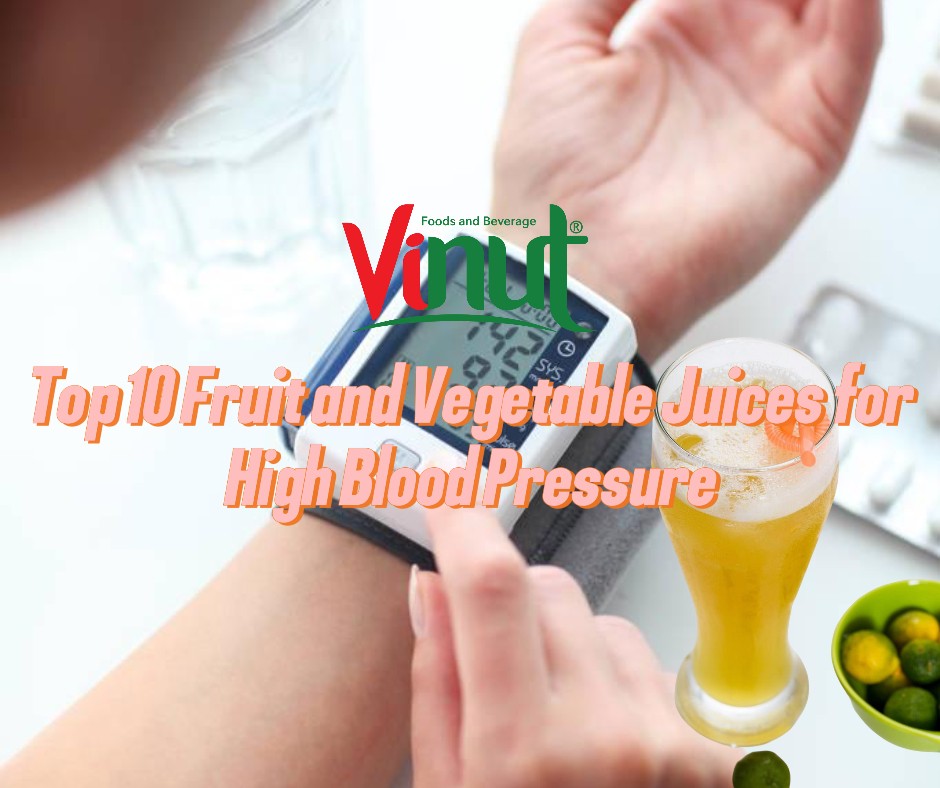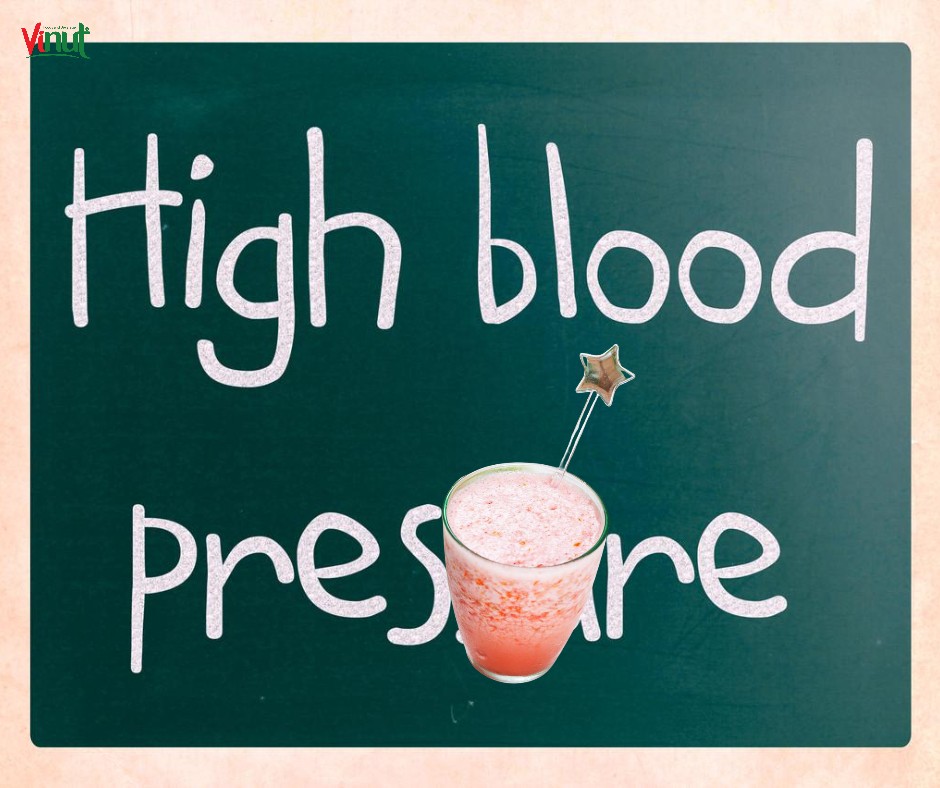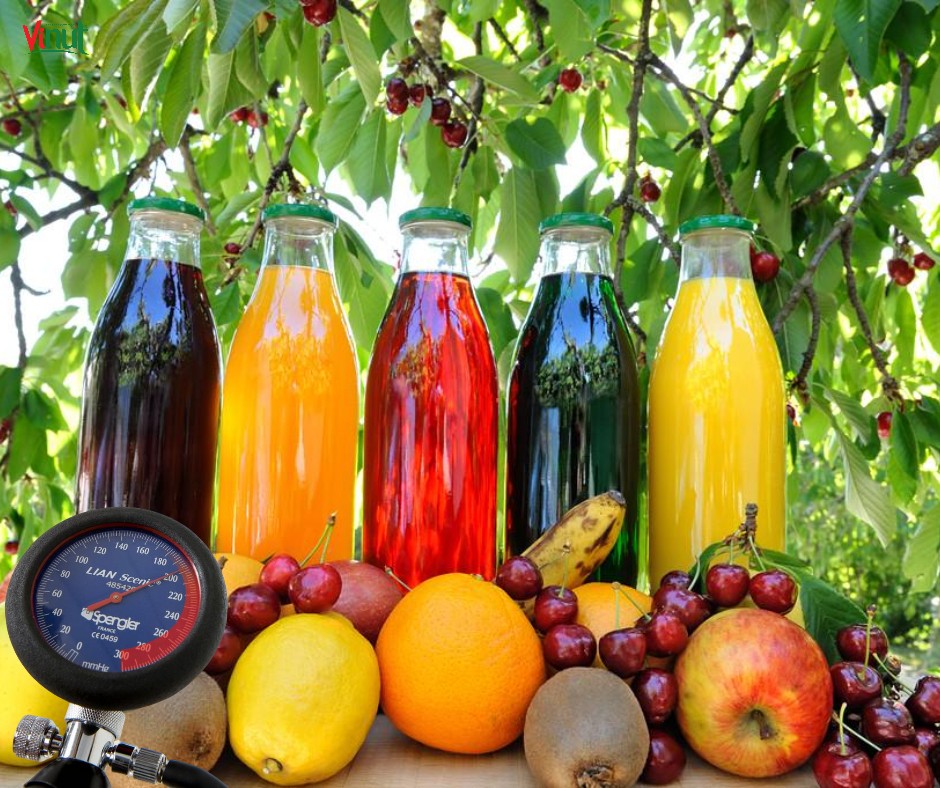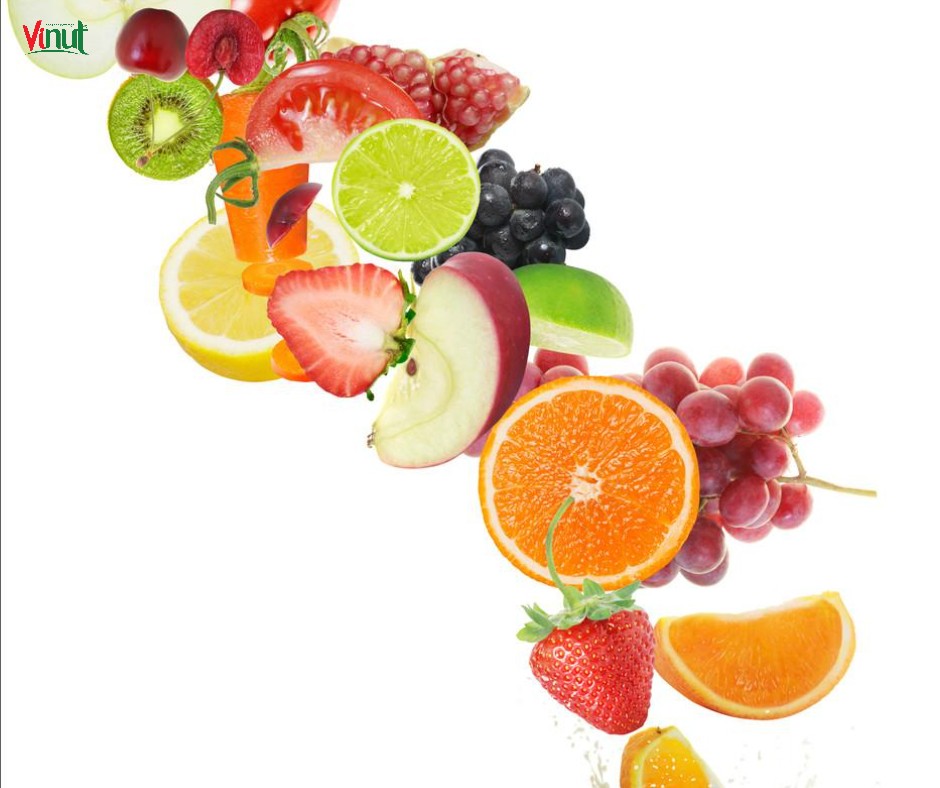
News
Top 10 Fruit and Vegetable Juices for High Blood Pressure

High blood pressure, also known as hypertension, is a common condition that affects millions of people worldwide. While medication and lifestyle changes are often recommended to manage high blood pressure, incorporating certain fruits and vegetables into your diet can also be beneficial. In this article, Cojo explore the top 10 fruit and vegetable juices that may help lower high blood pressure naturally.

Introduction
High blood pressure is a significant risk factor for heart disease, stroke, and other serious health problems. Fortunately, adopting a healthy diet rich in fruits and vegetables can play a key role in managing blood pressure levels. Juicing fruits and vegetables is an excellent way to increase your intake of essential nutrients while hydrating your body. Let’s dive into the top 10 juices that may help support healthy blood pressure levels.
1. Beetroot Juice
Beetroot juice is packed with nitrates, compounds that have been shown to help relax blood vessels and lower blood pressure. Studies have found that drinking beetroot juice regularly may lead to significant reductions in both systolic and diastolic blood pressure levels.
2. Pomegranate Juice
Pomegranate juice is rich in antioxidants called polyphenols, which have been linked to lower blood pressure levels. Drinking pomegranate juice regularly may help improve cardiovascular health and reduce the risk of hypertension-related complications.
3. Celery Juice
Celery contains compounds called phthalides, which help relax the muscles in and around the arterial walls, leading to lower blood pressure. Drinking celery juice regularly may help support healthy blood pressure levels and improve overall heart health.

4. Carrot Juice
Carrot juice is a great source of potassium, a mineral that plays a key role in regulating blood pressure. Potassium helps balance sodium levels in the body, which can help prevent hypertension. Drinking carrot juice regularly may help support cardiovascular health and lower high blood pressure.
5. Spinach Juice
Spinach is loaded with nutrients like potassium, magnesium, and folate, all of which are important for maintaining healthy blood pressure levels. Drinking spinach juice regularly may help relax blood vessels and improve circulation, reducing the risk of hypertension.
6. Orange Juice
Oranges are rich in vitamin C and flavonoids, which have been shown to have blood pressure-lowering effects. Drinking fresh-squeezed orange juice regularly may help support cardiovascular health and reduce the risk of hypertension.
7. Kale Juice
Kale is a nutritional powerhouse, packed with vitamins, minerals, and antioxidants. Drinking kale juice regularly may help support healthy blood pressure levels by providing essential nutrients that promote cardiovascular health.

8. Watermelon Juice
Watermelon is high in citrulline, an amino acid that helps relax blood vessels and improve blood flow. Drinking watermelon juice regularly may help lower blood pressure levels and reduce the risk of hypertension-related complications.
9. Cucumber Juice
Cucumbers are low in calories and high in water content, making them a refreshing and hydrating option for juicing. Cucumber juice is also rich in potassium, which can help regulate blood pressure levels and promote heart health.
10. Tomato Juice
Tomatoes are packed with lycopene, a powerful antioxidant that has been linked to lower blood pressure levels. Drinking tomato juice regularly may help support cardiovascular health and reduce the risk of hypertension.

Conclusion
Incorporating a variety of fruit and vegetable juices into your diet can be an effective way to support healthy blood pressure levels naturally. From beetroot and pomegranate to celery and spinach, there are numerous options to choose from. By adding these nutritious juices to your daily routine, you can take proactive steps to protect your heart health and reduce the risk of hypertension-related complications.
FAQs
Q: How much juice should I drink to lower my blood pressure? A: While there is no specific recommendation, incorporating one to two servings of fresh fruit and vegetable juice into your daily diet may help support healthy blood pressure levels.
Q: Can I mix different fruits and vegetables to make juice? A: Absolutely! Experimenting with different combinations of fruits and vegetables can add variety and flavor to your juices while providing a wide range of nutrients.
Q: Are store-bought juices as effective as homemade juices? A: Store-bought juices may contain added sugars and preservatives, so they may not offer the same health benefits as homemade juices made from fresh produce. It’s best to make your own juices whenever possible.
Q: Can I drink these juices if I’m already taking medication for high blood pressure? A: It’s always a good idea to consult with your healthcare provider before making any significant changes to your diet, especially if you’re managing a chronic condition like high blood pressure.
Q: Are there any side effects of drinking fruit and vegetable juices for high blood pressure? A: While fruit and vegetable juices are generally safe for most people, some individuals may experience digestive discomfort or allergic reactions to certain ingredients. It’s essential to listen to your body and make adjustments as needed.
